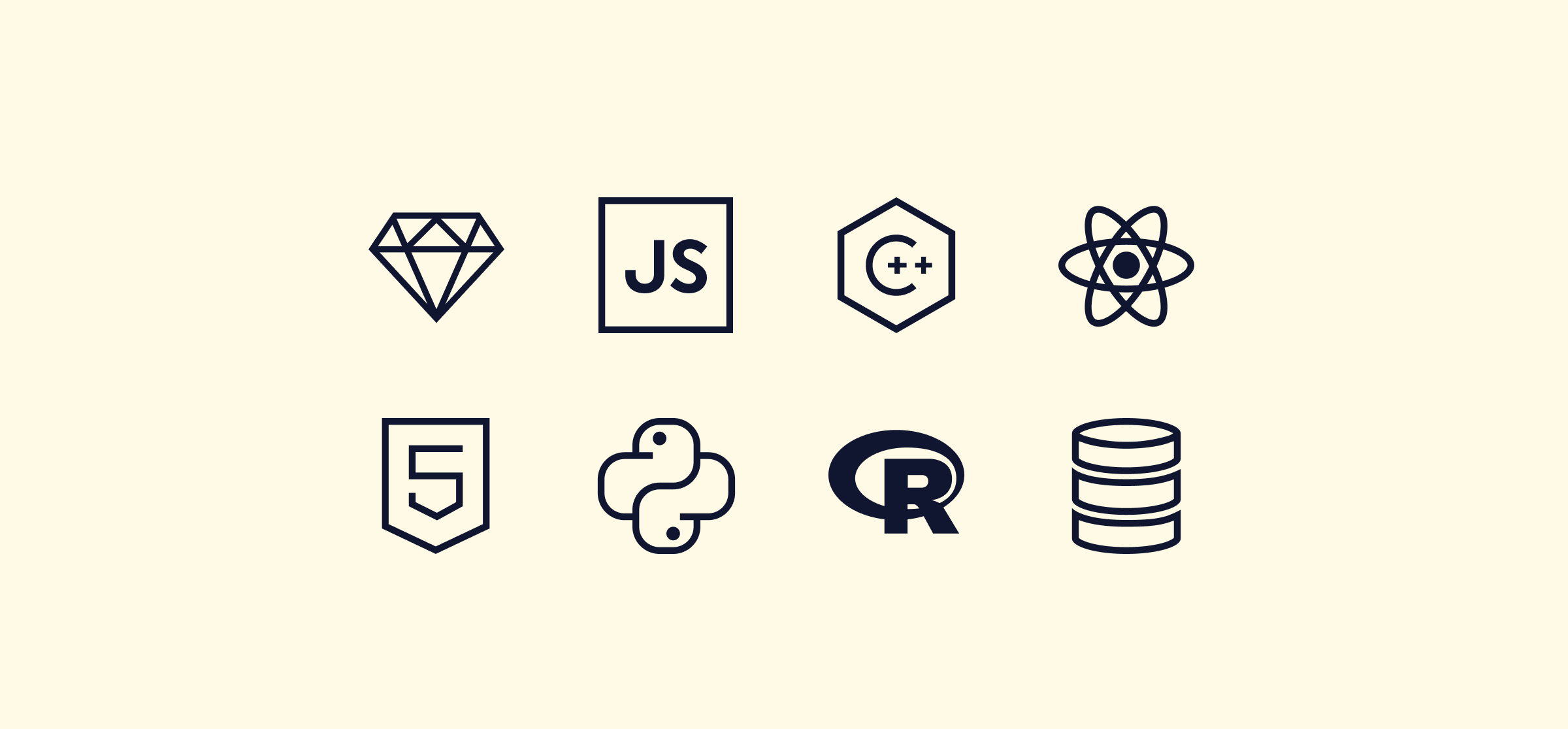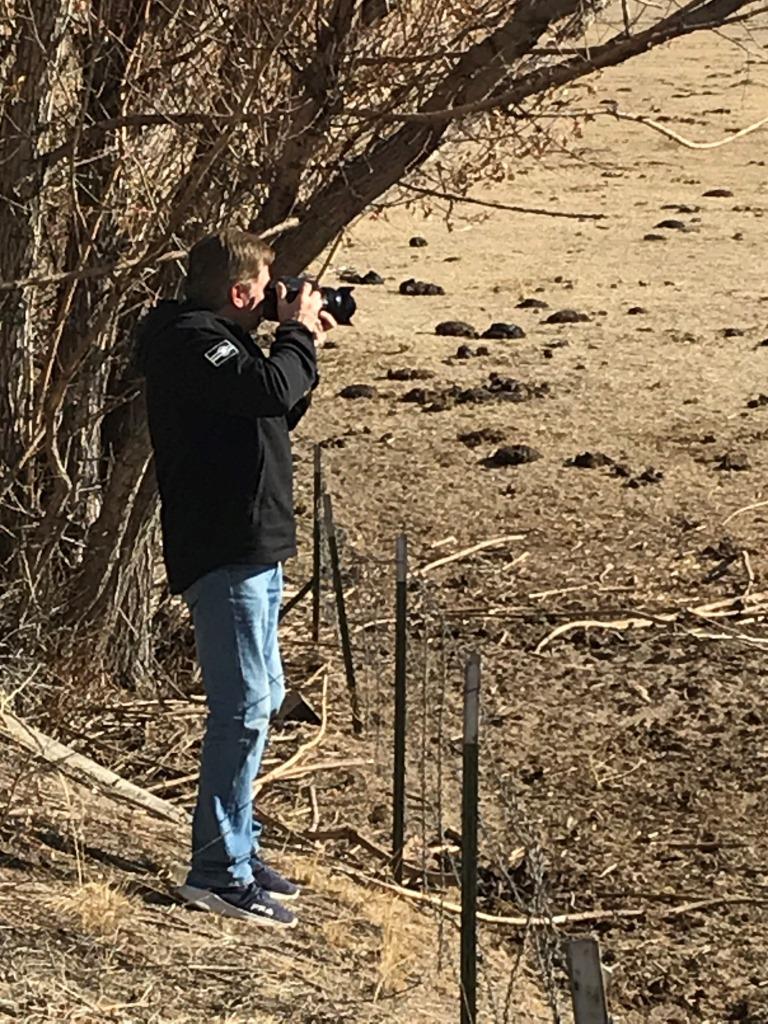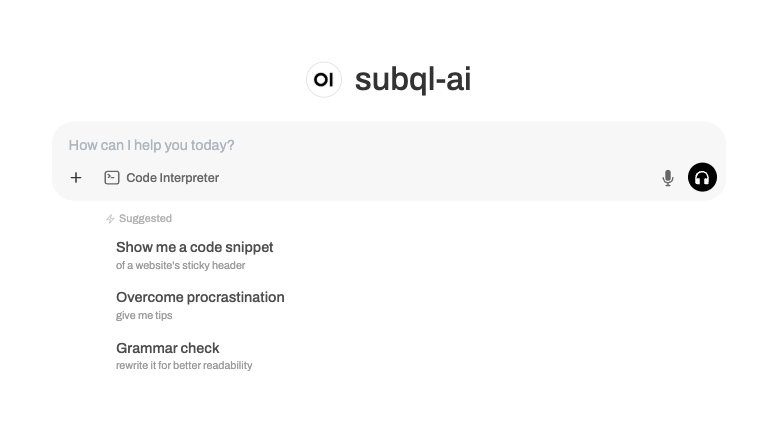Reactions: The Bitcoin Zero-Knowledge Arms Race Begins
The post Reactions: The Bitcoin Zero-Knowledge Arms Race Begins appeared on BitcoinEthereumNews.com. In case you missed it, Starkware, a company historically active in the Ethereum ecosystem, announced yesterday plans to start committing significant resources towards new Bitcoin scaling opportunities that have emerged over the past months. Pioneers of zero-knowledge systems, the group has revealed plans to leverage OP_CAT in order to bring their STARK technology to Bitcoin. The soft fork proposal could allow zero-knowledge proofs to be verified natively, opening up an entirely new design space for developers. The announcement is looked at by many as a significant technical milestone for the Bitcoin protocol. Here are my unsolicited 2 cents on the matter. A long time coming As Starkware CEO Eli Ben-Sasson points out in his announcement post, the idea of using zero knowledge to improve Bitcoin is nothing new. Developers have been discussing applications of the technology for over a decade already. Ben-Sasson himself presented very early concepts of the idea at a Bitcoin conference in 2013 in San Jose. In 2017, Blockstream developers Gregory Maxwell, Pieter Wuille & Andrew Poelstra co-published a research paper on the use of Bulletproof, a zero-knowledge protocol to support confidential transactions on Bitcoin. In more recent years, BitVM creator Robin Linus instigated work on ZeroSync, a compression technique used to create zero-knowledge proofs of Bitcoin’s blockchain. Once fully implemented, it would significantly reduce the resource requirements involved in running a Bitcoin node. In 2022, the Human Rights Foundation commissioned current Alpen Labs researcher John Light to produce a full report on the potential of validity rollups on Bitcoin, using zero-knowledge proofs. Zero-knowledge proofs have a wide range of applications and we are not nearly at the end of hearing about them. Many expect the technology will define this next era of computation and I would be hard-pressed to bet against them. It’s almost guaranteed that…

The post Reactions: The Bitcoin Zero-Knowledge Arms Race Begins appeared on BitcoinEthereumNews.com.
In case you missed it, Starkware, a company historically active in the Ethereum ecosystem, announced yesterday plans to start committing significant resources towards new Bitcoin scaling opportunities that have emerged over the past months. Pioneers of zero-knowledge systems, the group has revealed plans to leverage OP_CAT in order to bring their STARK technology to Bitcoin. The soft fork proposal could allow zero-knowledge proofs to be verified natively, opening up an entirely new design space for developers. The announcement is looked at by many as a significant technical milestone for the Bitcoin protocol. Here are my unsolicited 2 cents on the matter. A long time coming As Starkware CEO Eli Ben-Sasson points out in his announcement post, the idea of using zero knowledge to improve Bitcoin is nothing new. Developers have been discussing applications of the technology for over a decade already. Ben-Sasson himself presented very early concepts of the idea at a Bitcoin conference in 2013 in San Jose. In 2017, Blockstream developers Gregory Maxwell, Pieter Wuille & Andrew Poelstra co-published a research paper on the use of Bulletproof, a zero-knowledge protocol to support confidential transactions on Bitcoin. In more recent years, BitVM creator Robin Linus instigated work on ZeroSync, a compression technique used to create zero-knowledge proofs of Bitcoin’s blockchain. Once fully implemented, it would significantly reduce the resource requirements involved in running a Bitcoin node. In 2022, the Human Rights Foundation commissioned current Alpen Labs researcher John Light to produce a full report on the potential of validity rollups on Bitcoin, using zero-knowledge proofs. Zero-knowledge proofs have a wide range of applications and we are not nearly at the end of hearing about them. Many expect the technology will define this next era of computation and I would be hard-pressed to bet against them. It’s almost guaranteed that…
What's Your Reaction?








































.png)











































